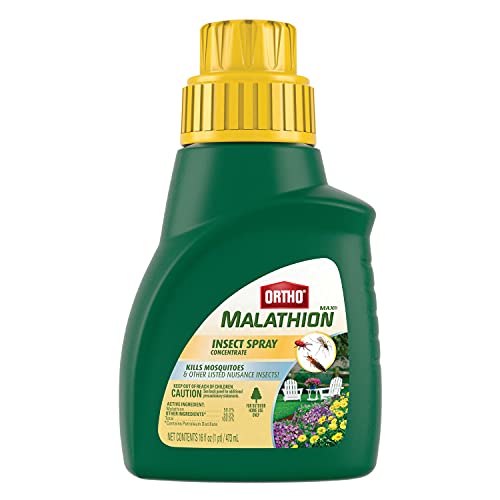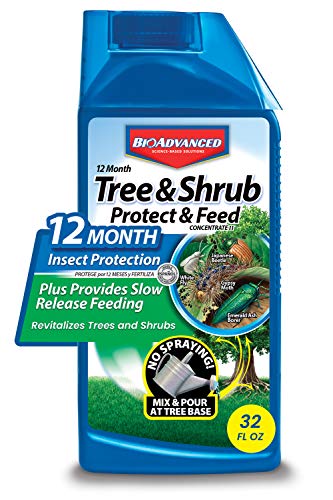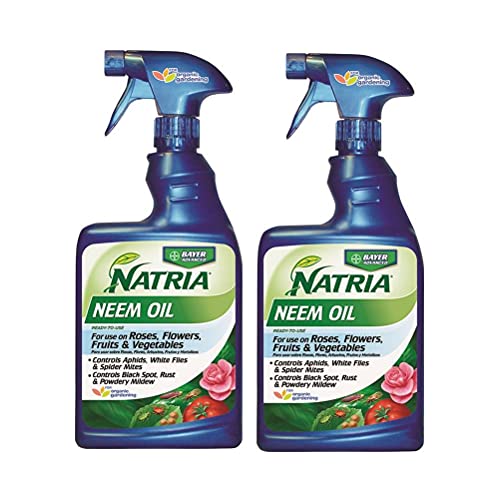Scale insects are easy to spot because they cluster on stems and the underside of the leaves. Do you need help with scale infestation on your plants and wonder when you can spray insecticides? Well, we've done plenty of research and have the answer below!
Applying insecticides on plants is effective during the end of spring, summer, or fall until the leaves drop. This is to prevent rainfall from washing the insecticide out and frosting.
If you want to learn more about insecticides and pesticides and how to control scale infestations, continue reading throughout the post to find out more. With that said, let's dive right in!
When Should You Spray For Scale Insects?
It is advisable to spray insecticides in late spring, summer, or before the leaves unravel. Use organic insecticides to control insects, such as canola oil, neem oil, horticultural oil, and other botanically-derived plant oils.
You can also use chemical insecticides and apply them through injections. Trunk applications are known to have quick effectiveness.
However, most insecticides through injection applications are done by professionals. You may need to contact one to assist you.
What Are The Signs That Your Plants Have Scale Insects?
These are the signs that your plants have scales infestations:
- The leaves start to turn yellow and fall off the plant.
- Infested trees show falling twigs and dying branches.
- The tree looks stressed and sheds whole limbs.
- You will not see any new growth of leaves, tree branches, or flowers.
- Showing black spots on leaves is a sign of defoliation.
How To Deal With A Scale Infestation
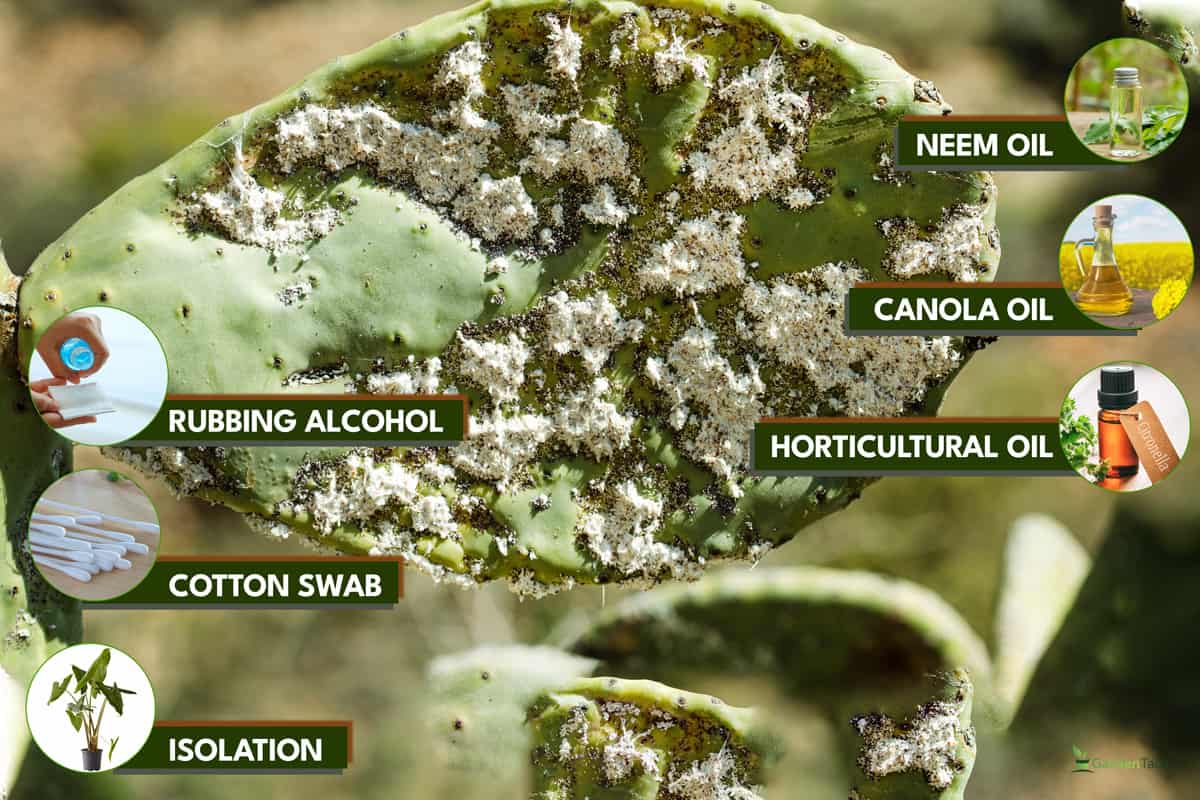
Removing scales is simple, and there are several methods to control them.
Some of the methods are listed below:
Neem Oil
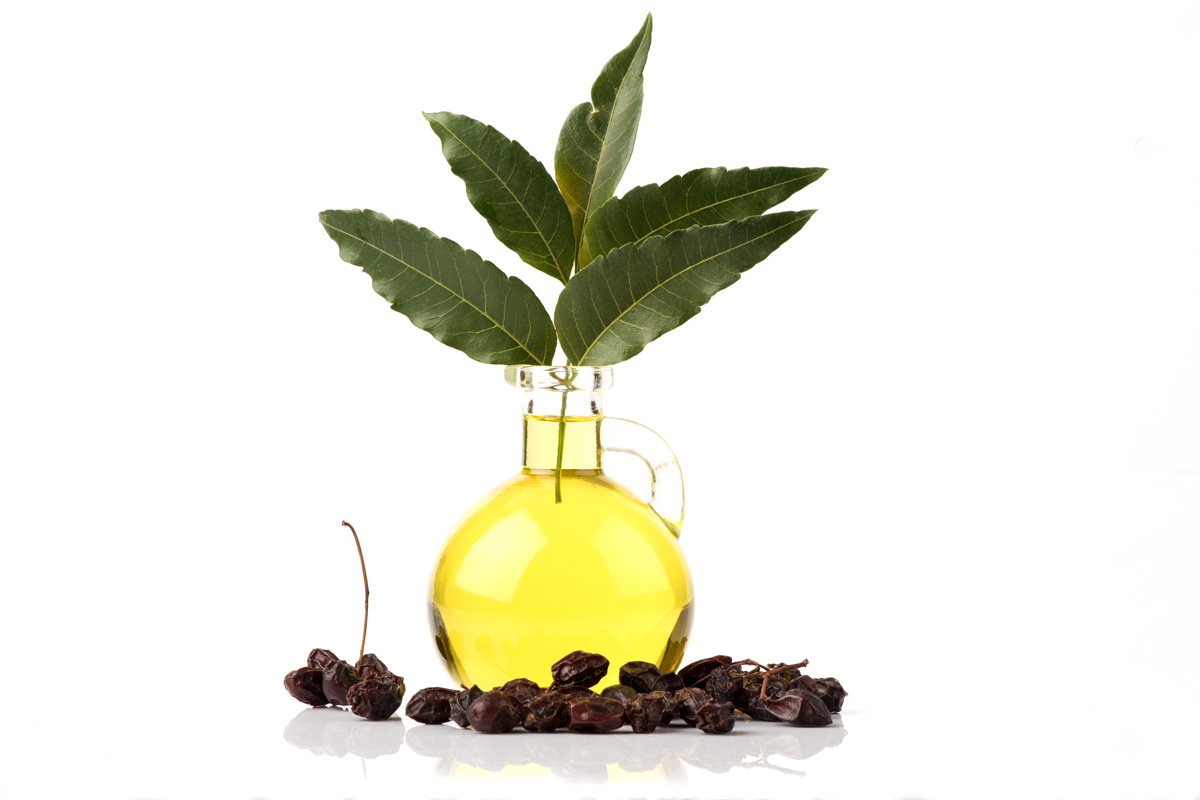
Neem oil is safe and effective in controlling scales. The oil disrupts the scales' reproductive system, which they won't be able to reproduce new eggs.
Neem oil also causes suffocation, which makes scales dehydrate and die.
You can purchase Neem oil insecticide and directly apply it to the scales. Lift a few leaves to see their colonies feasting on your plants. You may need to reapply if there is a severe infestation.
Canola Oil
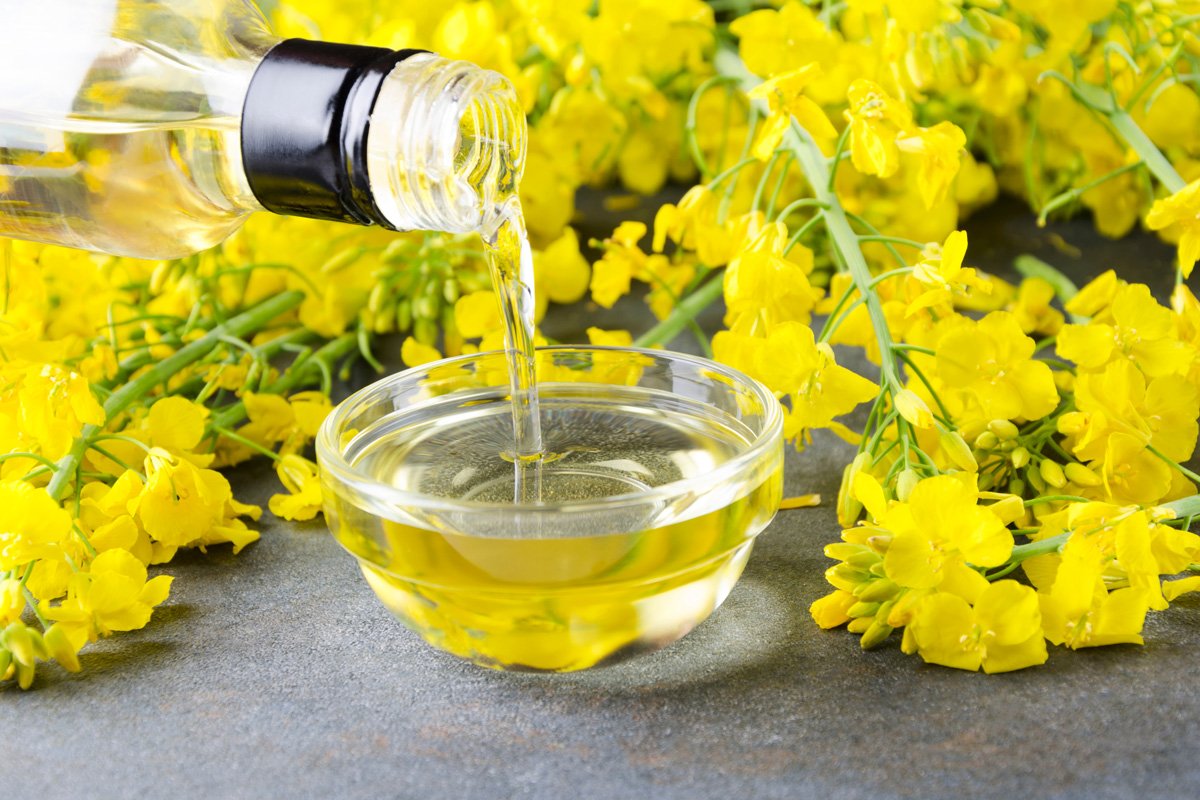
The EPA or Environmental Protection Agency approved plant-based canola oil for insect pest control.
Here's how to use canola oil as a pesticide:
- Mix two tablespoons of liquid dish soap (non-degreasing) and two cups of canola oil in a container. Shake well to combine the two ingredients.
- Store the homemade pesticide in a cool and dark place.
- Mix one and a half teaspoons of the homemade pesticides with a cup of warm water in a spray bottle and shake thoroughly.
- Spray the mixture directly on the infested plants. Pay attention to the undersides of the leaves where bugs hide. Apply when the temperature is below 85 degrees Fahrenheit.
- Repeat application once every seven to ten days during growing seasons to control pests.
Horticultural Oil
Horticultural oil causes respiration and breathing problems to pests and decreases egg-hatching success.
To kill and control pests, buy a horticultural oil and spray directly or as instructed on the label. As a precaution, do not apply horticultural oil during frost because it can produce uneven coverage.
Rubbing Alcohol
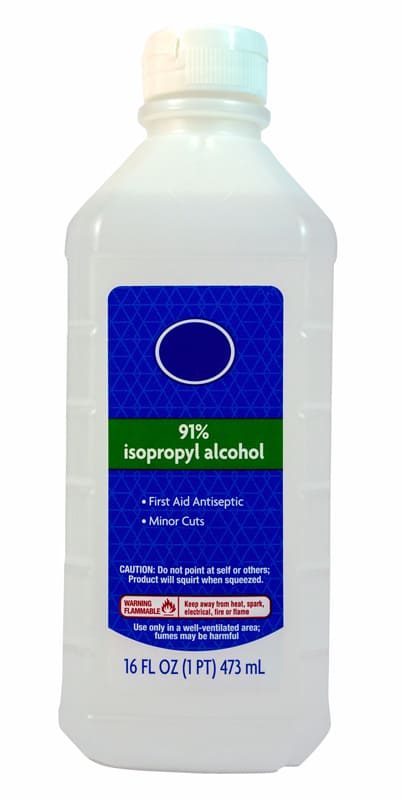
Use rubbing alcohol to control some insects like scales and mealybugs. Using rubbing alcohol is easy and effective for houseplants:
- Get a container and pour rubbing alcohol.
- Dab a ball of cotton or a cotton swab in the alcohol and wipe it on one part of the infested parts.
- Wait for up to two days and see if leaf burns appear on plants.
- If there is no sign of leaf burn, apply or spray alcohol on the plant and wait for five hours.
- Wash off the plants using running water.
Cotton Swab
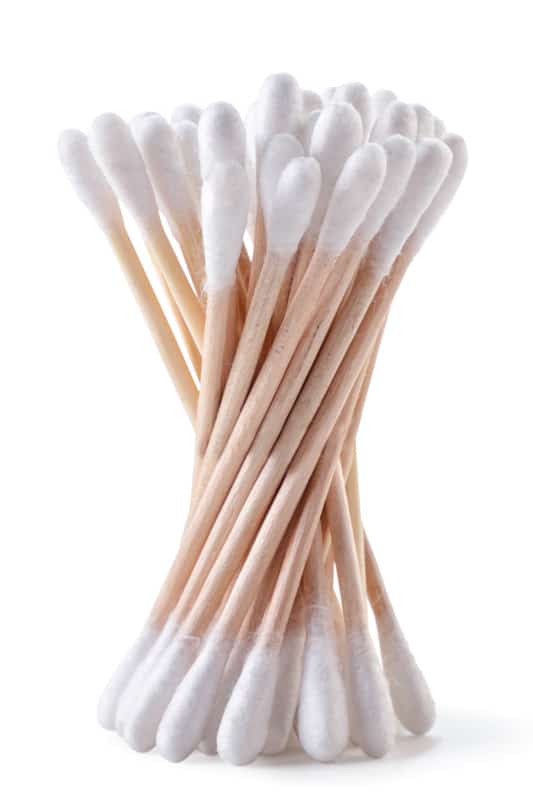
You can use a cotton swab to remove the pests manually from sensitive plants instead of using a brush.
- Dab a cotton swab in a detergent solution or soapy water.
- Ensure that the cotton swab is not dripping to avoid dropping into the soil.
- Wipe through the infested parts of the plants.
Isolation
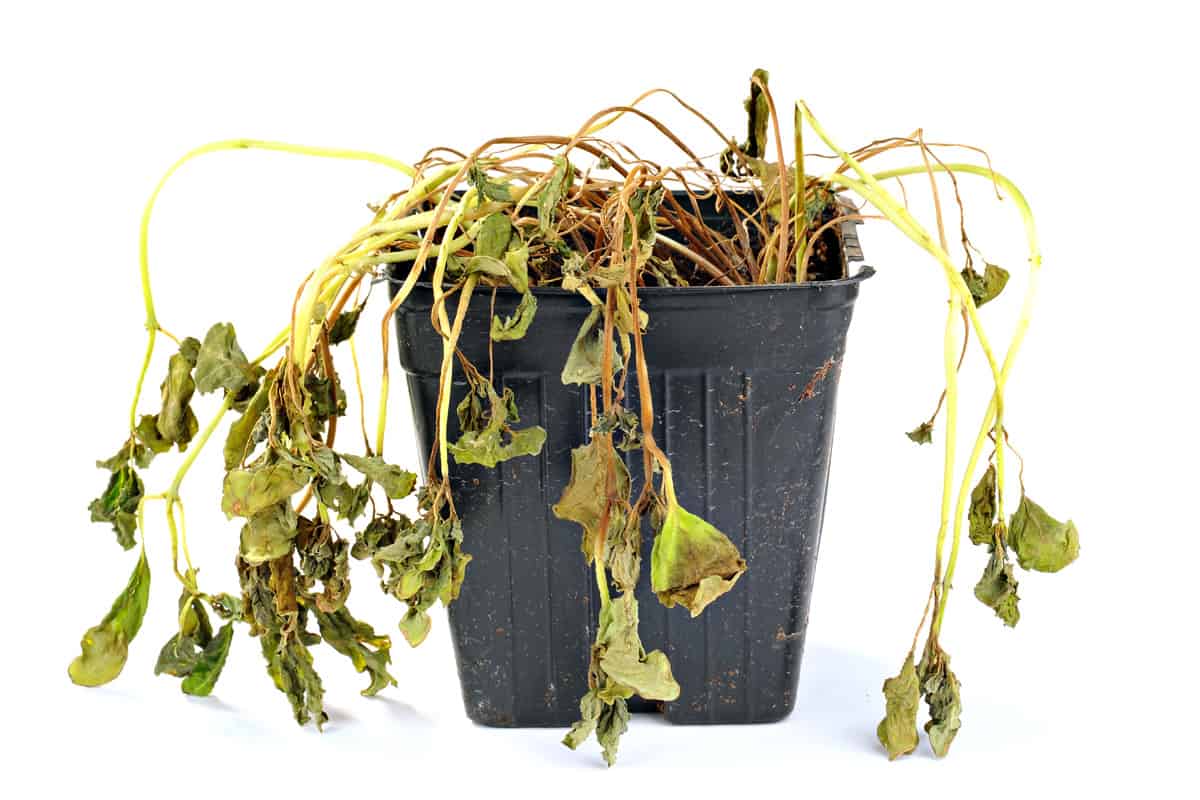
Isolating infected plants from healthy ones will help control the spread of infestation and other diseases. Keep the infested plant away until cured or pest-free.
Trim the infested parts of the plant. Cut the twigs, leaves, or branches and dispose of them properly.
You should know when to give up. If the infestation is severe and the plant has no means of saving, remove and throw it away.
What Are The Best Insecticides For Scale Insects?
Here are the recommended insecticides to control scales:
Monterey Horticultural Oil Concentrate Insecticide
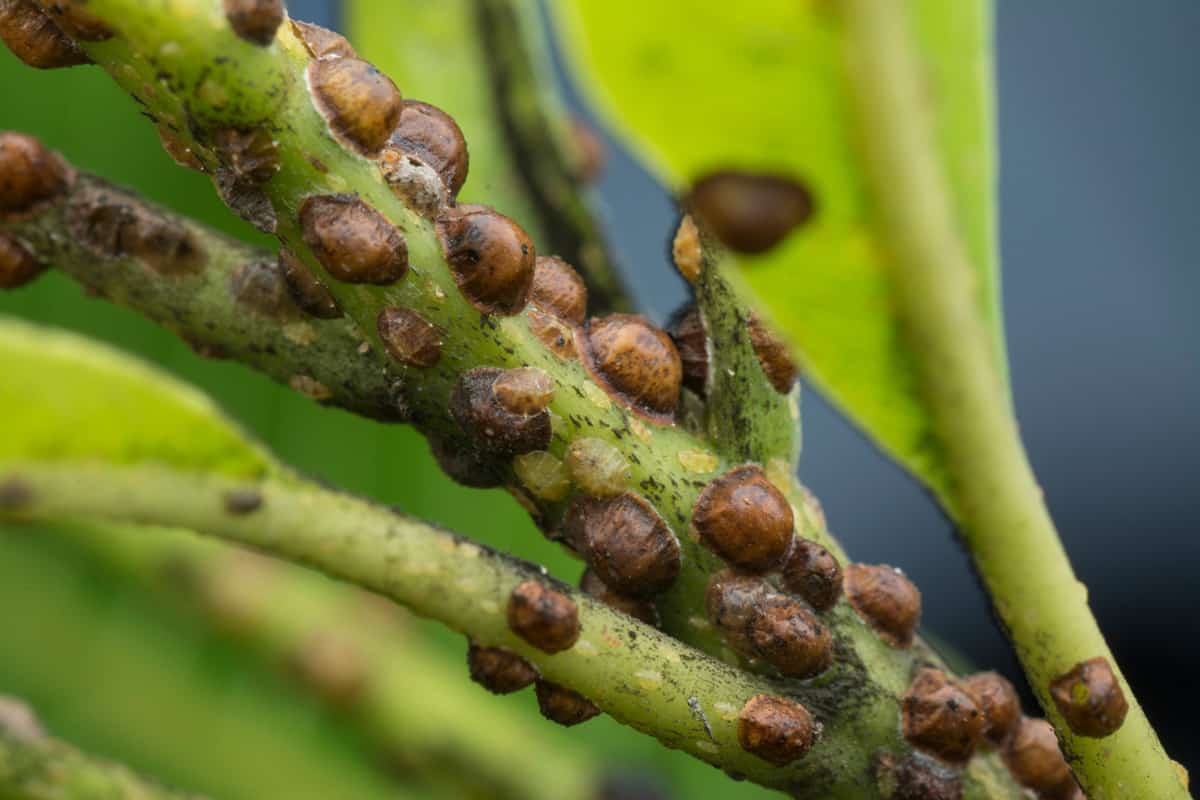
This pest control is an effective insect killer for aphids, scales, leaf miners, mealybugs, whiteflies, trips, spider mites, and more. It has poor control over worms and caterpillars but can control the eggs of any insects.
Monterey Insecticide is ideal for trees and plants, such as apples, almonds, potatoes, citrus, avocados, pecans, peaches, figs, blackberries, pineapple, and more.
You can use this insecticide during dormant and growing seasons. It is listed in OMRI and is an approved product for organic gardening.
Bonide Insect Control
Bonide Insect Control is an insecticide and pesticide that helps fight white flies, termites, mealybugs, gnats, fungi, scales, aphids, and many more.
You don't need to spray; mix the granules into the soil and water them directly.
The roots absorb the pesticides, which protects the whole plant against bugs. The product is for non-edible plants, such as flower beds, shrubs, and the like.
Click here to check Bonide on Amazon.
Earth's Ally Indoor And Outdoor Insect Control
Earth's Ally repels and kills soft-bodied insects, such as scale, spider mites, aphids, mealybugs, whiteflies, and leaf rollers. The product is listed in OMRI as a miticide, insecticide, and repellant for organic gardening.
It contains clove oil, rosemary oil, and peppermint oil, which make Earth's Ally safe for vegetables and herbs on the day of harvest.
This insect control is safe on vegetable gardens, houseplants, flowers, succulents, and ornamentals. It is also pet-friendly and safe for people and the environment.
Click here to check Earth's Ally on Amazon.
Compare-N-Save Insect Drench
Insect Drench is shrubs and trees, including fruits and nut trees such as pecan, apple, orient pear, loquat, pear, mayhaw, crabapple, and quince. Use the product for prevention before any problems occur.
It can be applied in any ground condition except frozen or waterlogged.
Compare-N-Save controls scale, aphids, emerald ash bones, birch lear miners, Japanese beetles, and many more in just one application for up to 12 months.
Follow the instructions on the application of this product. The roots absorb the solution and distribute it into the plant for year-round protection.
View this Compare-N-Save on Amazon.
Ortho Max Insect Spray
Ortho Max kills whiteflies, scales, red spider mites, mosquitoes, mealybugs, spittlebugs, thrips, cabbage looper, aphids, and other insects. Ideal for roses, shrubs, trees, flowers, citrus, fruits, and vegetables.
Use it for outdoor plants only. Apply on vegetation using a tank sprayer or Ortho Dial 'N Spray. Follow the directions on the label for each plant's application requirements.
Click here to check Ortho on Amazon.
BioAdvanced Plant Fertilizer And Insecticide
BioAdnvanced kills insects and pests such as scales, aphids, caterpillars, emerald ash borers, Japanese beetles, adelgids, and leafminers. One application can last up to 12 months of protection.
It has a slow-release formula that improves the health of trees and shrubs. You can use this fertilizer and insecticide in one on nut trees and non-bearing fruit trees.
This product is ideal for outdoor shrubs and trees.
View this BioAdvanced on Amazon.
Natria Neem Oil Spray
Neem oil is known for its effectiveness as a pest and insect control. It stops pests and diseases and kills aphids, spider mites, caterpillars, whiteflies, beetles, midges, and more listed pests.
Furthermore, it controls plant diseases such as botrytis, blackspot, downy mildew, scab, rust, and powdery mildew. You can spray the insecticide in spring, early summer, or fall.
Neem oil is perfect for vegetables, fruits, bearing nuts, and delicate flowers.
Click here to check Natria on Amazon.
To Wrap Everything Up
We hope you have learned how to apply insecticides properly and resolve infestation problems.
And while we have your attention, check out these related articles below!
Pesticides Vs. Insecticide; Which Is Best For Your Home Vegetable Garden?
Insecticide Granules Vs. Spray – Which Is Best For Your Lawn & Garden?





